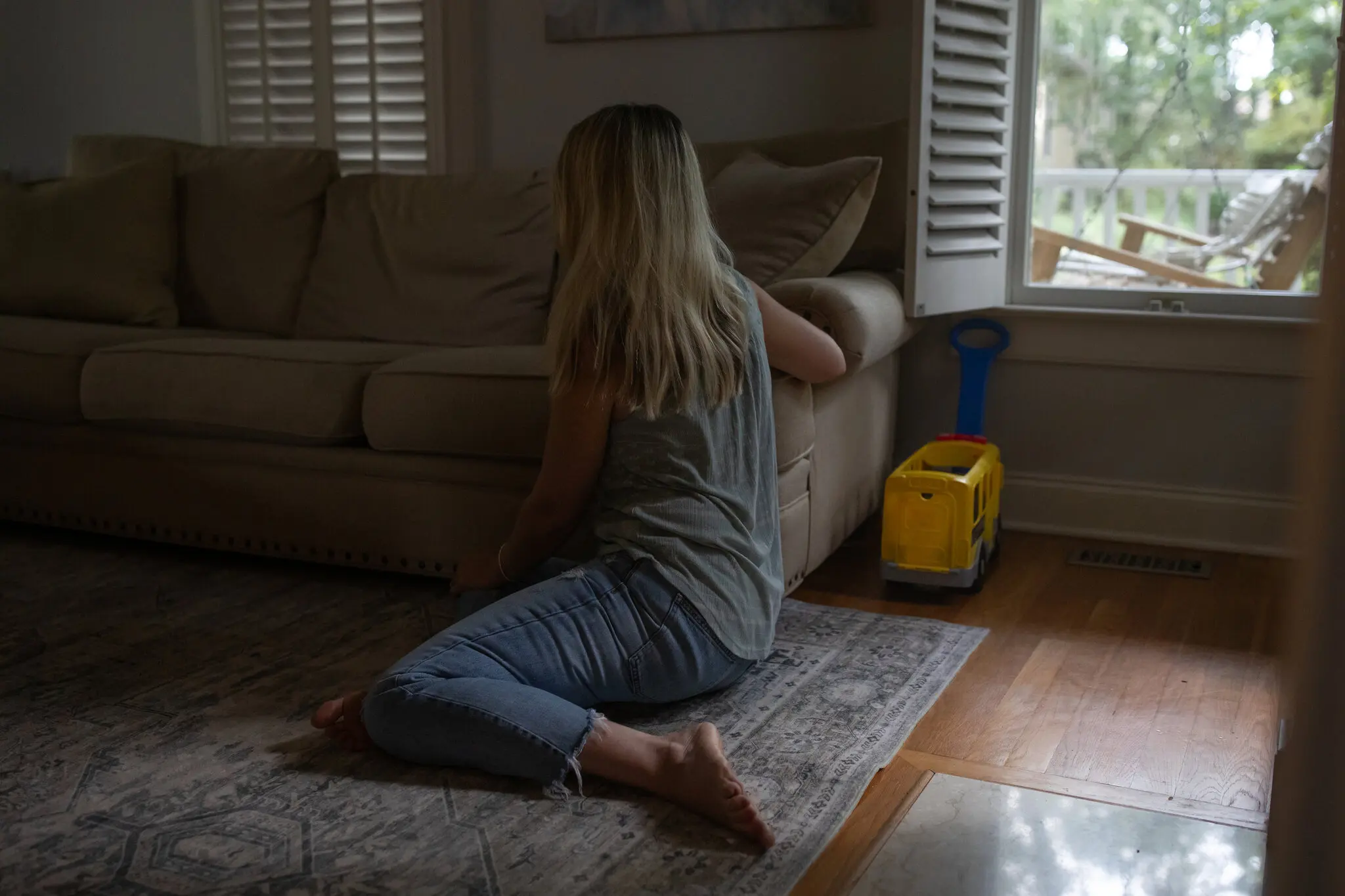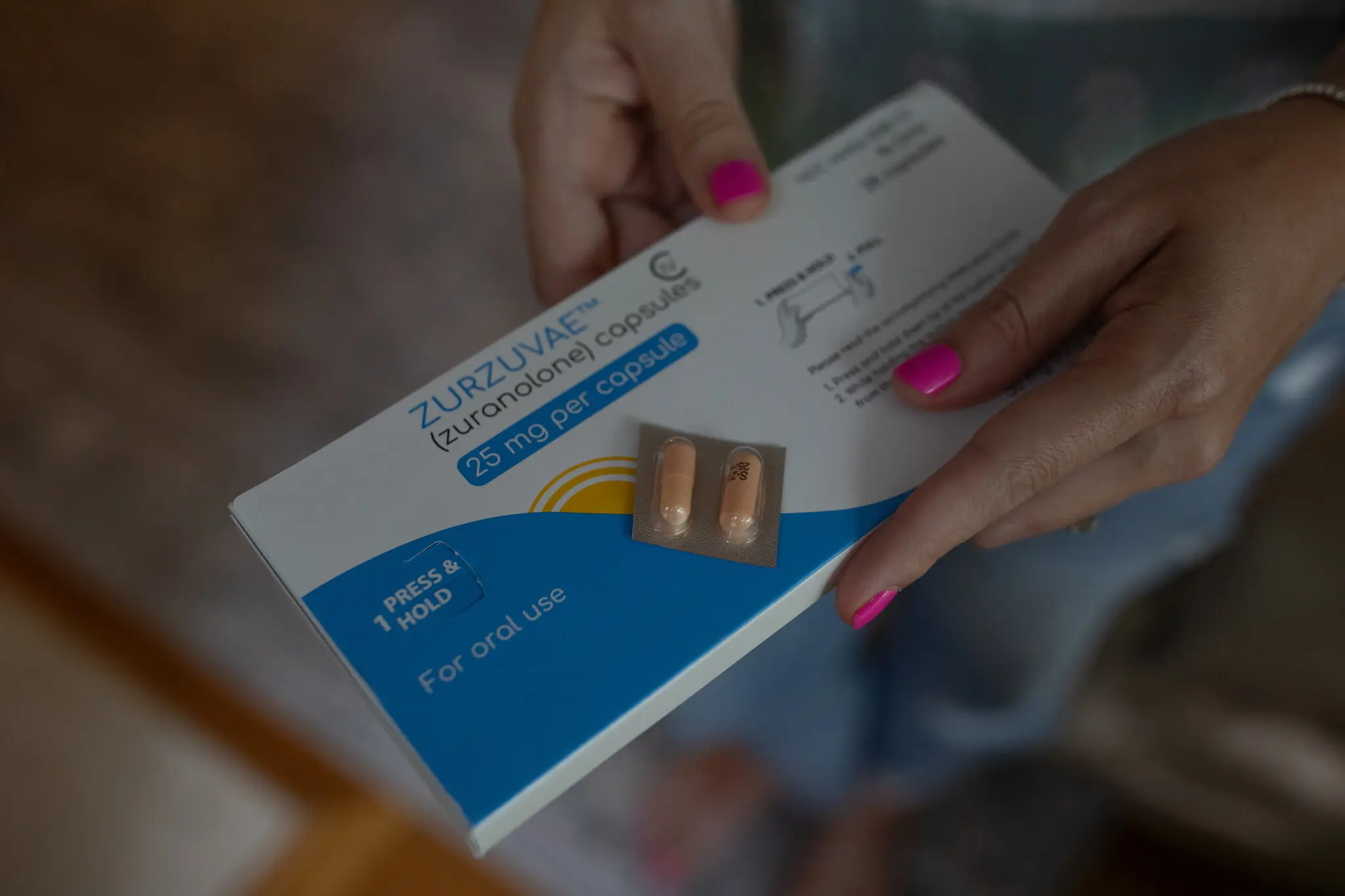Initial Pill for Postpartum Depression Delivers Diverse Results Outside Clinical Trials
22.07.2025
Postpartum Depression Pill Delivers Mixed Results in Real Life
Some women have experienced rapid relief from postpartum depression after taking a newly available pill, while others have seen little to no improvement. Doctors are now working to understand which patients benefit from the treatment and why it falls short for others.
A Mother’s Struggle and a Swift Turnaround
Two months after giving birth, Samantha Cohn began battling overwhelming feelings of inadequacy. Although her baby boy was healthy, she felt she wasn’t a good mother. By the time her son was five months old, Cohn attempted to take her life with a gun.
After weeks in the hospital and multiple surgeries to repair her injuries, her depression persisted. Specialists decided to try zuranolone, the first oral medication designed specifically for postpartum depression. Marketed as Zurzuvae and taken daily for two weeks, clinical trials had shown it could relieve symptoms in some women in just a few days. For Cohn, the change was dramatic. By day four, she described a newfound mental clarity and freedom from the “nagging thoughts” about her abilities as a mother.

A Range of Experiences With Zurzuvae
Since the drug became available, thousands of women have used it, reporting varying results. Some experienced dramatic improvements, others saw mild or short-lived benefits, and a few had to stop midway through the course due to severe drowsiness—a known side effect that complicated childcare and daily responsibilities.
Postpartum depression affects about one in eight women in the U.S., according to the CDC, making effective treatment vital. While Zurzuvae shows promise, clinicians emphasize the need to identify which patients are most likely to benefit.
Clinical Insights and Challenges
In clinical trials, around 60% of patients experienced relief. “It’s not effective for everyone,” said Dr. Samantha Meltzer-Brody, a lead researcher on the trials. The key, she noted, is figuring out why certain patients respond better than others.
For some, the pill’s sedative effects were overwhelming. Stacey, 42, from San Diego, shared that Zurzuvae left her feeling like a “zombie” and worsened her depression. She discontinued the drug after a week. Physicians like Dr. Alison Reminick recommend lowering the dosage for such patients, but even that doesn’t guarantee success.
Yet other women find the sedative effect helpful, allowing them to rest and feel less overwhelmed.

Hurdles to Access and the Importance of Speed
Despite its potential, logistical issues have hindered quick access to Zurzuvae. Some insurers initially required patients to try other antidepressants first or obtain prescriptions only from psychiatrists, slowing the process. With a price tag of $15,900, coverage has been a critical factor for many families.
Sage Therapeutics, the drug’s manufacturer, reports that over 10,000 prescriptions have been filled, with most written by OB-GYNs. They note improvements in distribution, but delays still sometimes occur.
For patients in crisis, such delays can be devastating. Hannah Ginther, who struggled with intrusive thoughts and was hospitalized twice, faced a two-week wait while her insurance debated coverage. By the time the medication arrived, other treatments had stabilized her symptoms.
Promising Results for Some Women
For Kara Fiscus, 37, from Sacramento, Zurzuvae was life-changing. Five months after her son’s birth, she became overwhelmed with anxiety and began planning her suicide. Her doctor prescribed the new drug, and by the third day, she noticed a significant shift. By the end of the two-week course, her suicidal thoughts were gone.
Now, more than a year later, Fiscus credits Zurzuvae for her recovery. She continues taking Prozac and has resumed her work at a nonprofit. She even kept the empty Zurzuvae box as a symbol of hope.
 Moving Forward With Caution and Optimism
Moving Forward With Caution and Optimism
As doctors observe varied outcomes, they stress that no two cases of postpartum depression are alike. Research continues to determine whether Zurzuvae’s benefits can last beyond the initial treatment period.
For some women, it offers a much-needed bridge to other therapies. For others, its impact is less clear. Even so, many patients and physicians view the drug as a groundbreaking option in the fight against postpartum depression.




 Moving Forward With Caution and Optimism
Moving Forward With Caution and Optimism

